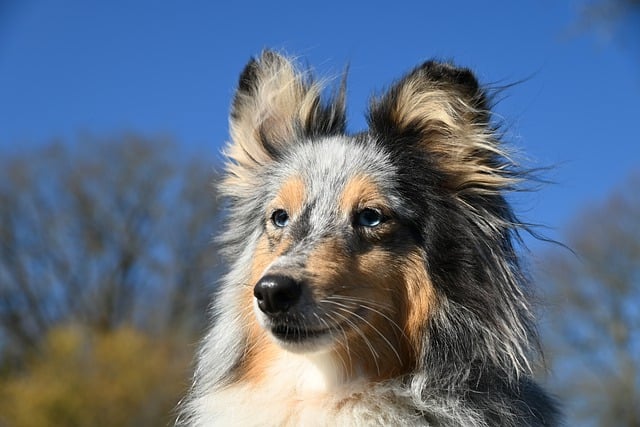
How do i train my dog to be obedient?
Watching your dog dart across the park ignoring your calls isn’t just frustrating—it can put them at risk near busy streets or public spaces.
Potty training a two-month-old Shiba Inu demands patience, consistency, and an understanding of their tiny bladder limits. At this age, puppies can’t hold it for more than an hour or two, so frequent trips outside are non-negotiable. Start by establishing a routine: take them out immediately after waking up, after meals, and right before bedtime. Shibas thrive on predictability, and a steady schedule helps them learn when to expect bathroom breaks.
Choose a designated spot in your yard—preferably away from play areas—and always return there. The familiar scent will encourage them to repeat the behavior. When they go, offer enthusiastic praise: “Good potty!” paired with a tiny treat works wonders. Shibas are intelligent but independent, so positive reinforcement beats scolding every time. Never yell if they have an accident; they won’t connect the mistake to your anger.
Watch for signs they need to go: circling, sniffing, or sudden restlessness. If you catch these, scoop them up and head outside quickly. Carrying prevents mid-house accidents and teaches them to hold on until they reach the right spot. Keep a journal to track successful trips and accidents—this helps refine your timing as they grow.
 In many European countries, failing to clean up after your dog can result in fines, so always carry poop bags. In the U.S., some cities require dogs to be leashed even in yards, check local laws to stay compliant. These habits aren’t just legal—they’re part of being a responsible neighbor, which matters in tight-knit communities.
In many European countries, failing to clean up after your dog can result in fines, so always carry poop bags. In the U.S., some cities require dogs to be leashed even in yards, check local laws to stay compliant. These habits aren’t just legal—they’re part of being a responsible neighbor, which matters in tight-knit communities.
Crate training aids potty training too, but Shibas need the right-sized space. A crate should be big enough to stand and turn around, but not so large they’ll use one corner as a bathroom. Leave the door open when you’re home, so it feels like a safe den, not a punishment. Most puppies resist soiling their sleeping area, making crates a helpful tool.
By three months, your Shiba should start signaling when they need out—some paw at the door, others whine. Celebrate these milestones; they mean the training is sticking. Remember, every puppy learns at their own pace. A Shiba’s stubborn streak might slow things down, but with consistency, they’ll get there.
End each day with a quick recap: note what worked, adjust tomorrow’s schedule if needed, and reward yourself for staying calm. Raising a well-trained Shiba is a journey, and these early steps lay the groundwork for a happy, healthy bond.

Watching your dog dart across the park ignoring your calls isn’t just frustrating—it can put them at risk near busy streets or public spaces.

New puppy owners often find themselves rushing to clean up accidents before they set in, and that’s where puppy pad training becomes a game-changer.

If you've noticed your dog's waistline disappearing and your veterinarian has mentioned those few extra pounds, your first instinct might be to simply reduce the amount of food in their bowl.

Training a dog to use a designated spot indoors isn’t as daunting as many new owners fear, but it does take consistency and an understanding of your pet’s needs.

That moment of dread on a walk is all too familiar for many new dog owners. You see another dog approaching down the sidewalk of your neighborhood

If the sight of another dog on your neighborhood walk makes your heart sink as your own dog erupts into a frenzy of barking and lunging, you're not alone.